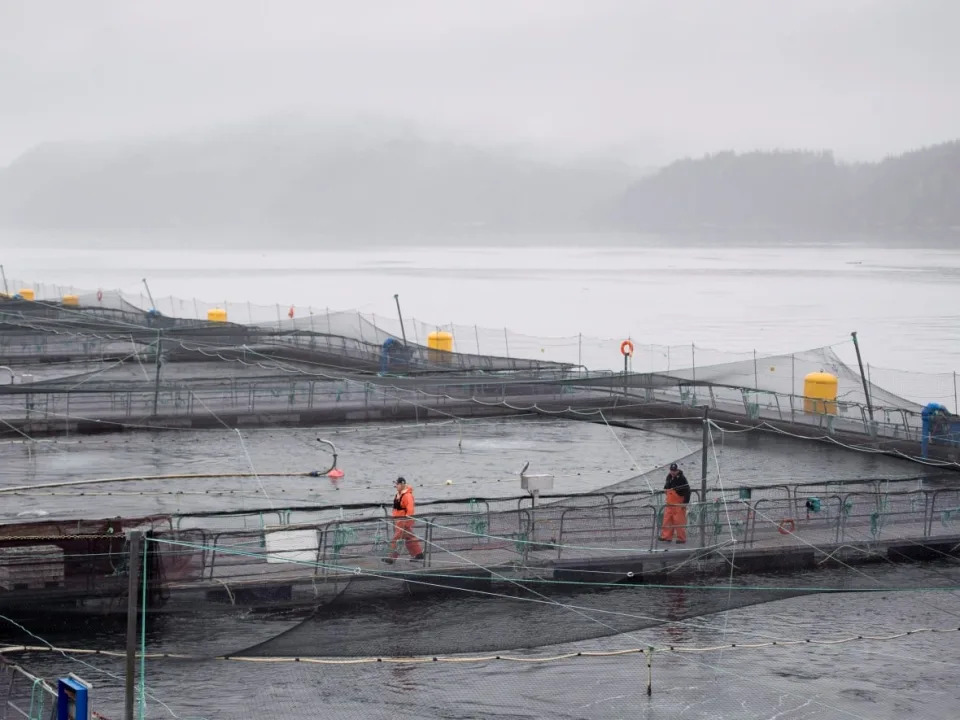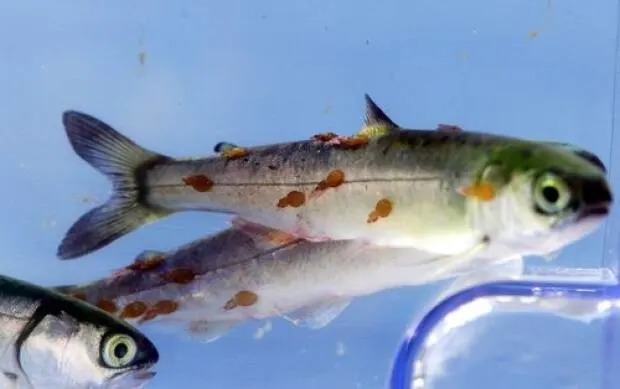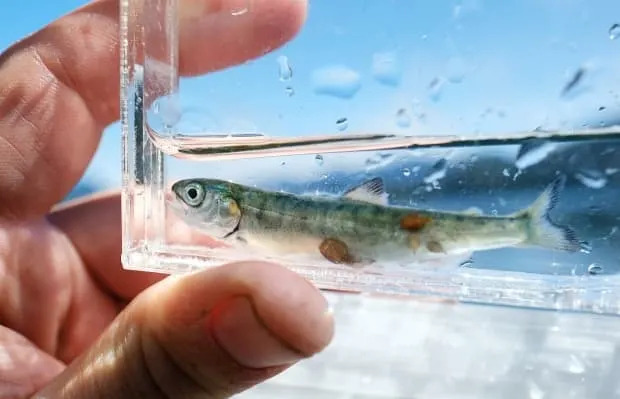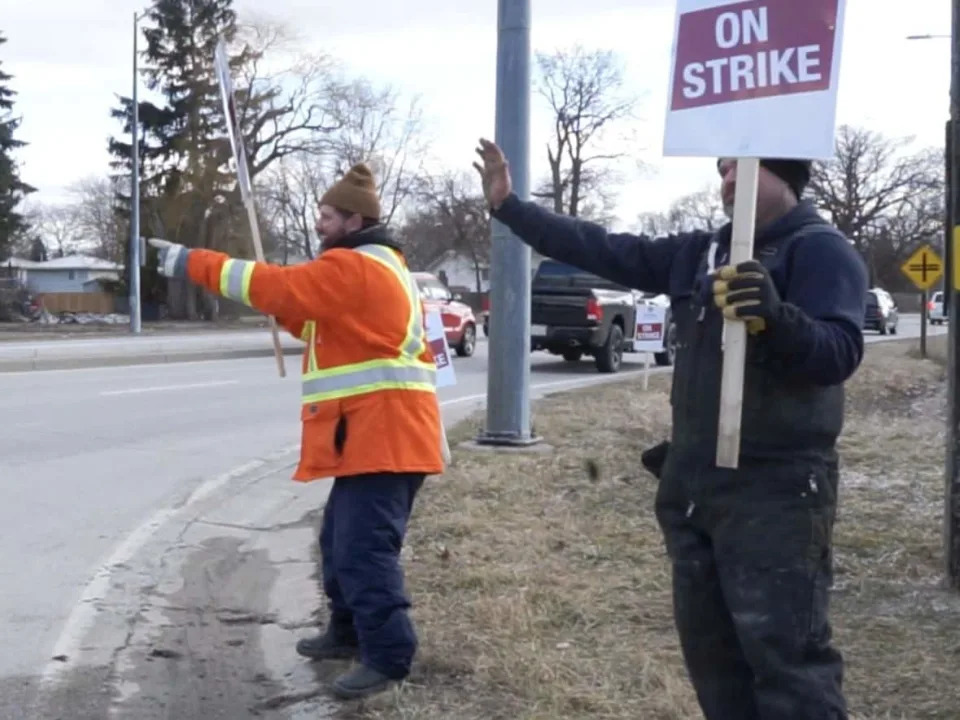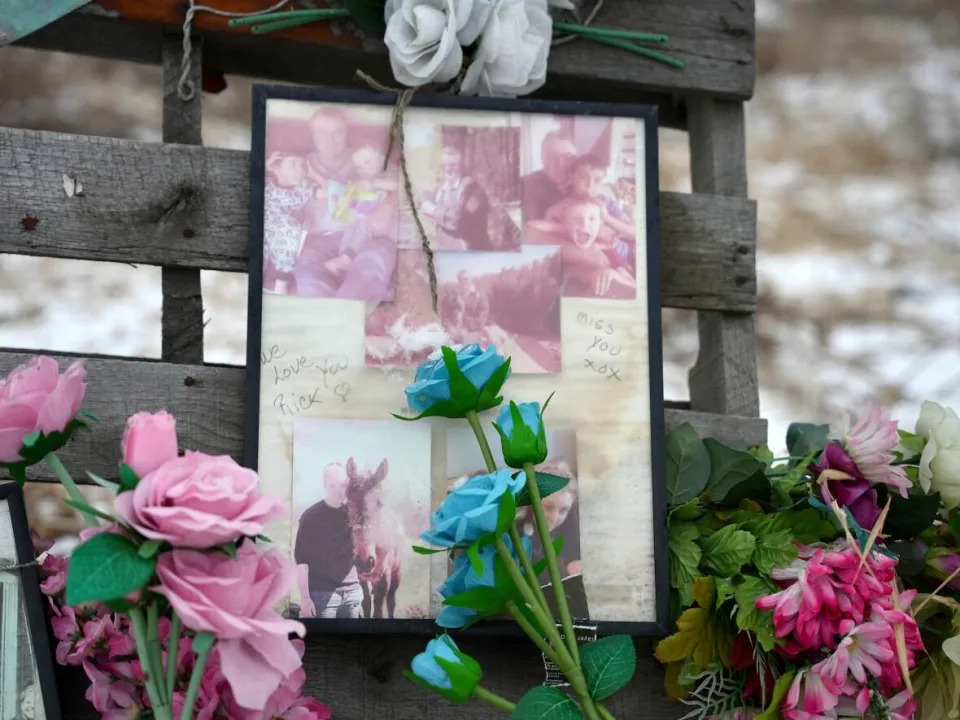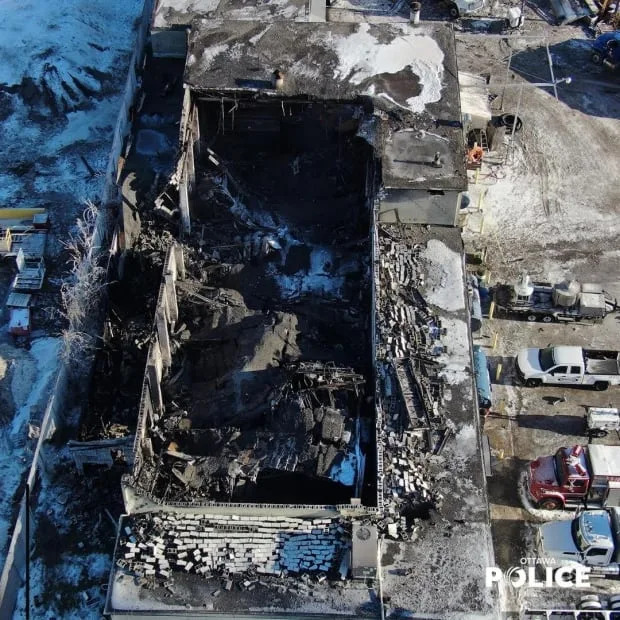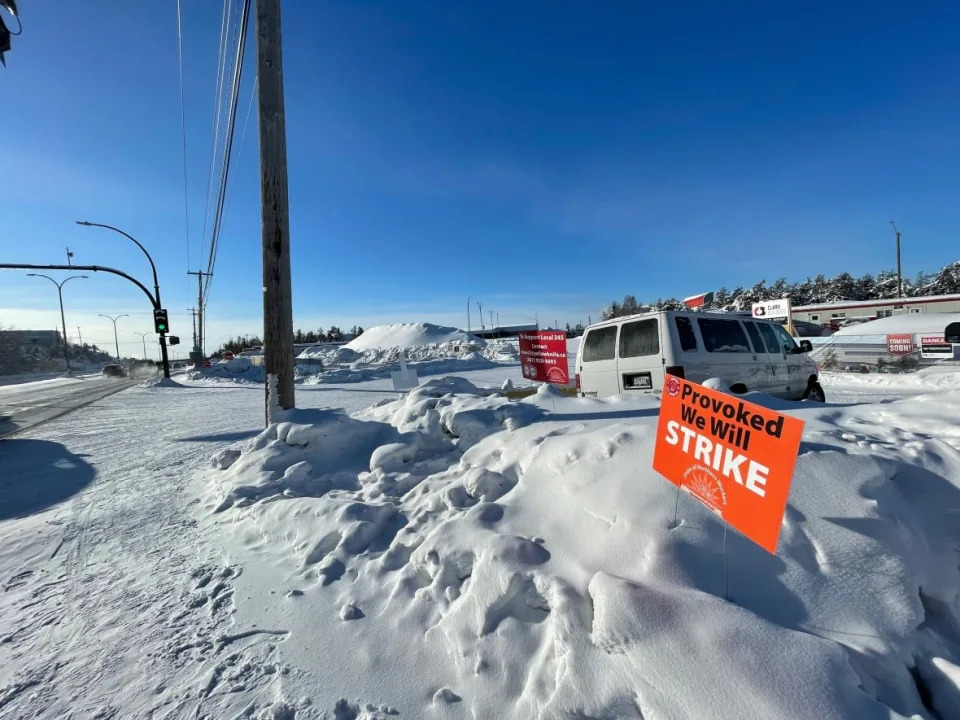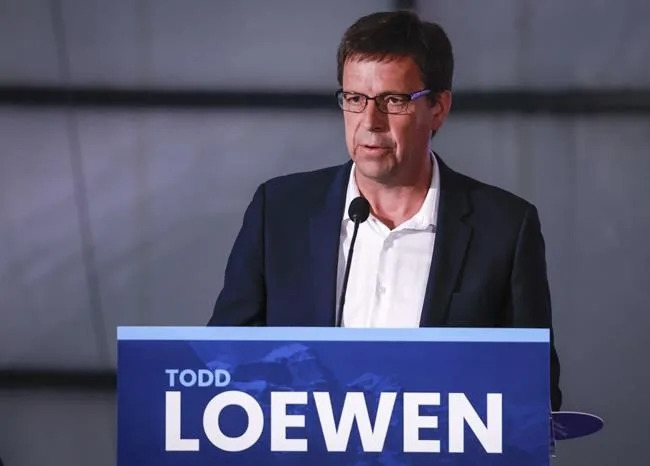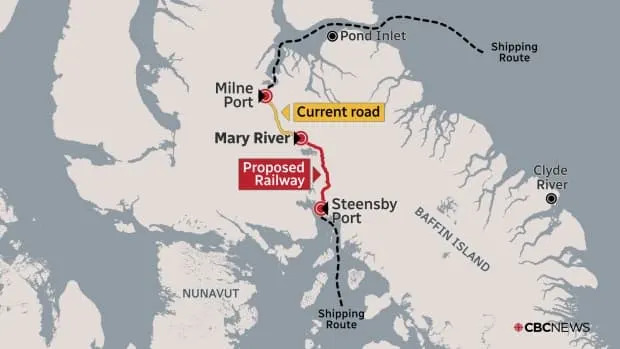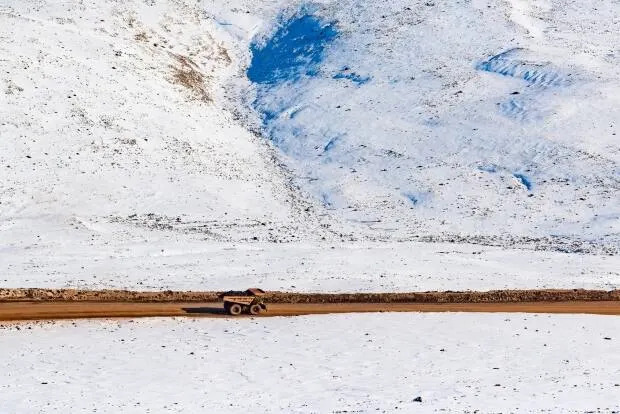Fri, February 17, 2023
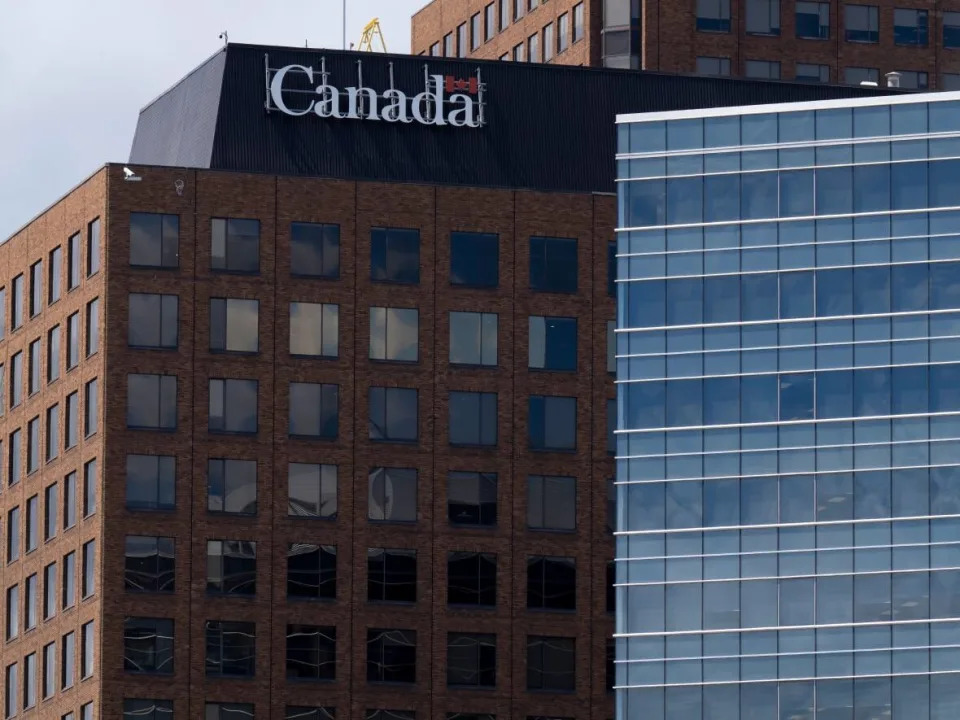
Government office buildings, like these in Gatineau, Que., are filling back up with federal workers and many of their unions are currently negotiating with the federal government for a new collective agreement.
(Adrian Wyld/The Canadian Press - image credit)
The Federal Public Sector Labour Relations and Employment Board's Public Interest Commission has published the final report for the four Public Service Alliance of Canada (PSAC) bargaining units in the core public administration that declared an impasse in negotiations with the government last spring.
The report "provides a clear path forward" for the union and government to reach an agreement, said a news release from the Treasury Board Secretariat.
That report recommends wage increases over three years for all four PSAC bargaining units of 1.5 per cent in 2021, 4.5 per cent for 2022 and three per cent for 2023.
The report also recommends "increased allowances for many employees, as well as enhancements to shift premiums, flexibilities and family-related leave."
According to the news release, the federal government will be going into mediation with the union in April, with a third-party mediator.
The release also said the government is currently in negotiations with 26 of 28 bargaining units across the public service, and have signed one agreement.
"PSAC members provide important services to Canadians, from issuing work permits to processing tax returns, and the government values their work," the news release said.
"We remain committed to reaching a deal at the table that is fair to employees and reasonable for taxpayers."
The Federal Public Sector Labour Relations and Employment Board's Public Interest Commission has published the final report for the four Public Service Alliance of Canada (PSAC) bargaining units in the core public administration that declared an impasse in negotiations with the government last spring.
The report "provides a clear path forward" for the union and government to reach an agreement, said a news release from the Treasury Board Secretariat.
That report recommends wage increases over three years for all four PSAC bargaining units of 1.5 per cent in 2021, 4.5 per cent for 2022 and three per cent for 2023.
The report also recommends "increased allowances for many employees, as well as enhancements to shift premiums, flexibilities and family-related leave."
According to the news release, the federal government will be going into mediation with the union in April, with a third-party mediator.
The release also said the government is currently in negotiations with 26 of 28 bargaining units across the public service, and have signed one agreement.
"PSAC members provide important services to Canadians, from issuing work permits to processing tax returns, and the government values their work," the news release said.
"We remain committed to reaching a deal at the table that is fair to employees and reasonable for taxpayers."

